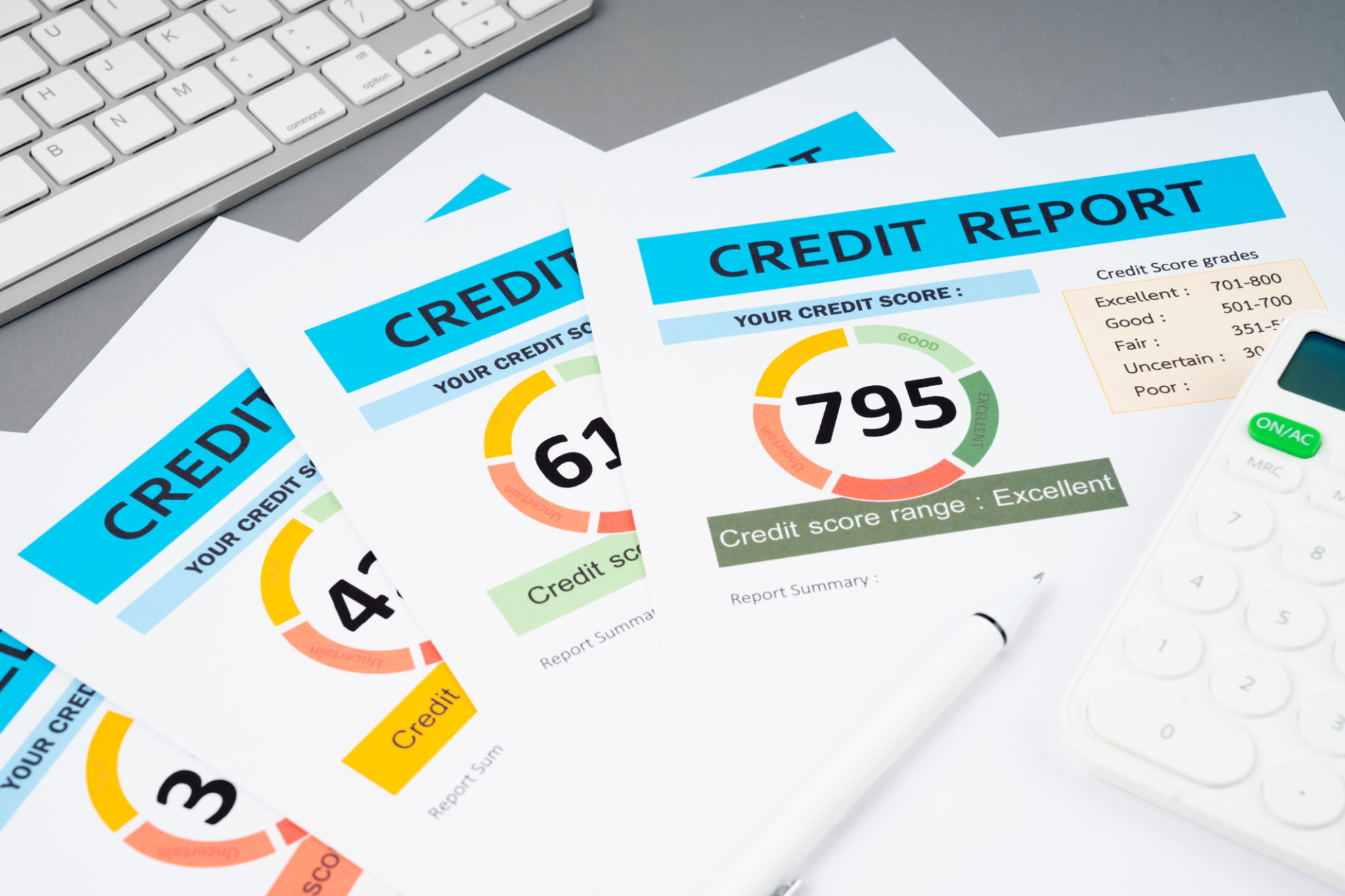How Long Does It Take to Fix Bad Credit? A Detailed Timeline
Understanding the Basics of Credit Repair
Fixing bad credit is not an overnight process. It requires patience, consistency, and a thorough understanding of the factors that affect credit scores. Credit scores are influenced by elements such as payment history, credit utilization, credit history length, new credit inquiries, and types of credit used. Each of these factors plays a role in determining how long it might take to improve your credit score.

Initial Steps to Improve Your Credit
The first step in fixing bad credit is obtaining a copy of your credit report from all three major credit bureaus. This allows you to identify any errors or discrepancies that might be negatively impacting your score. Once you've identified these issues, you can begin the dispute process. This can take anywhere from 30 to 45 days as the credit bureaus investigate and resolve your disputes.
Alongside disputing errors, it's crucial to start addressing outstanding debts. Focus on catching up with any past-due accounts and creating a plan to pay down high credit card balances. Reducing your credit utilization ratio can significantly boost your score within a few months.
Medium-Term Strategies for Better Credit
In the medium term, usually between three to six months, consistent on-time payments will start to reflect positively on your credit score. If you have high-interest debts, consider consolidating them into a lower-interest loan to make payments more manageable. This period is also an ideal time to avoid taking on new debt and refrain from closing old credit accounts, as these actions can negatively impact your score.

Building a positive payment history is key during this phase. Enrolling in automated payment systems or setting reminders can ensure you never miss a payment due date. This consistency will gradually improve your creditworthiness in the eyes of lenders.
Long-Term Credit Repair Expectations
For significant improvements in your credit score, you should be prepared for a timeline of at least 12 to 18 months of consistent effort. During this period, focus on maintaining low balances on credit cards and continuing to pay all bills on time. Additionally, keep an eye on your credit report for any new errors or issues that may arise.

Building a longer history of responsible credit use will gradually enhance your score. If managed properly, you will notice a significant improvement in your credit score after about a year and a half.
Additional Tips for Accelerating Credit Repair
While improving your credit score takes time, there are strategies that can help expedite the process:
- Become an authorized user: Ask a family member with good credit to add you as an authorized user on their account.
- Use secured credit cards: These cards require a deposit, making them easier to obtain and great for building credit.
- Monitor your credit regularly: Keeping an eye on your progress helps identify areas that need improvement.
By following these strategies, you can potentially see quicker improvements in your credit score.
The Importance of Patience and Persistence
The journey to fixing bad credit is not always straightforward. It's important to remain patient and persistent throughout the process. Understand that setbacks may occur, but staying committed to your financial goals will ultimately lead to success.
Remember, repairing bad credit is a marathon, not a sprint. By staying informed, making smart financial decisions, and consistently working towards better habits, you'll achieve a healthier financial future.